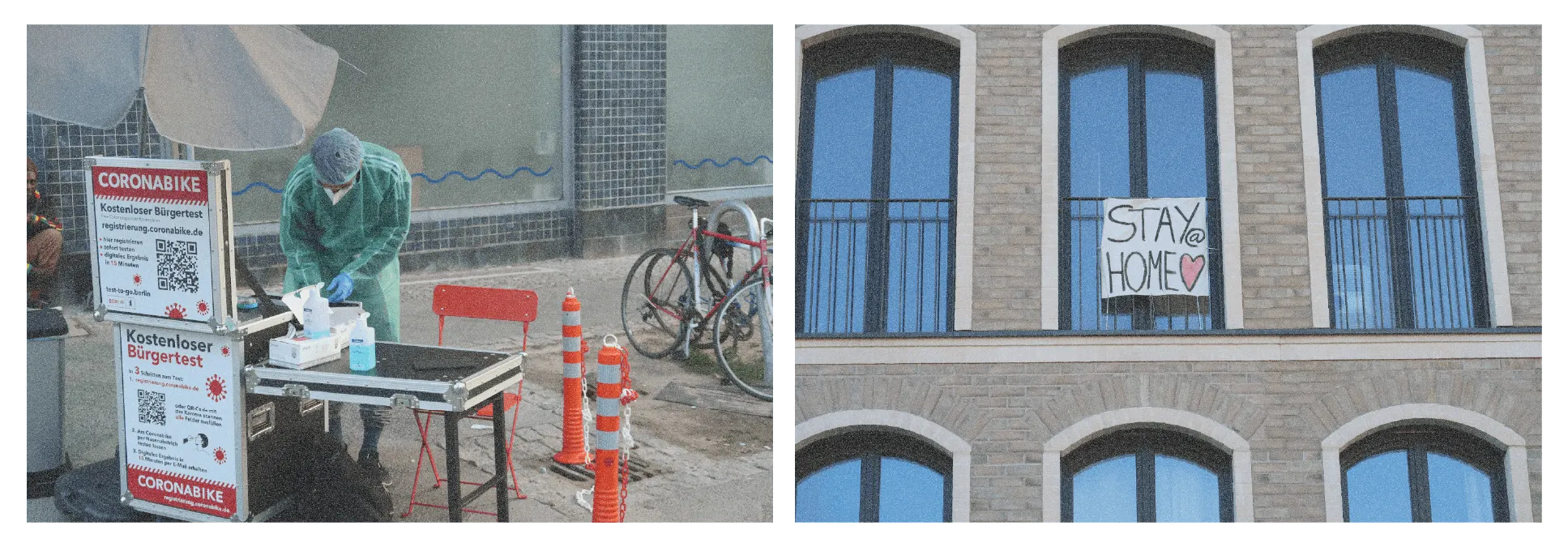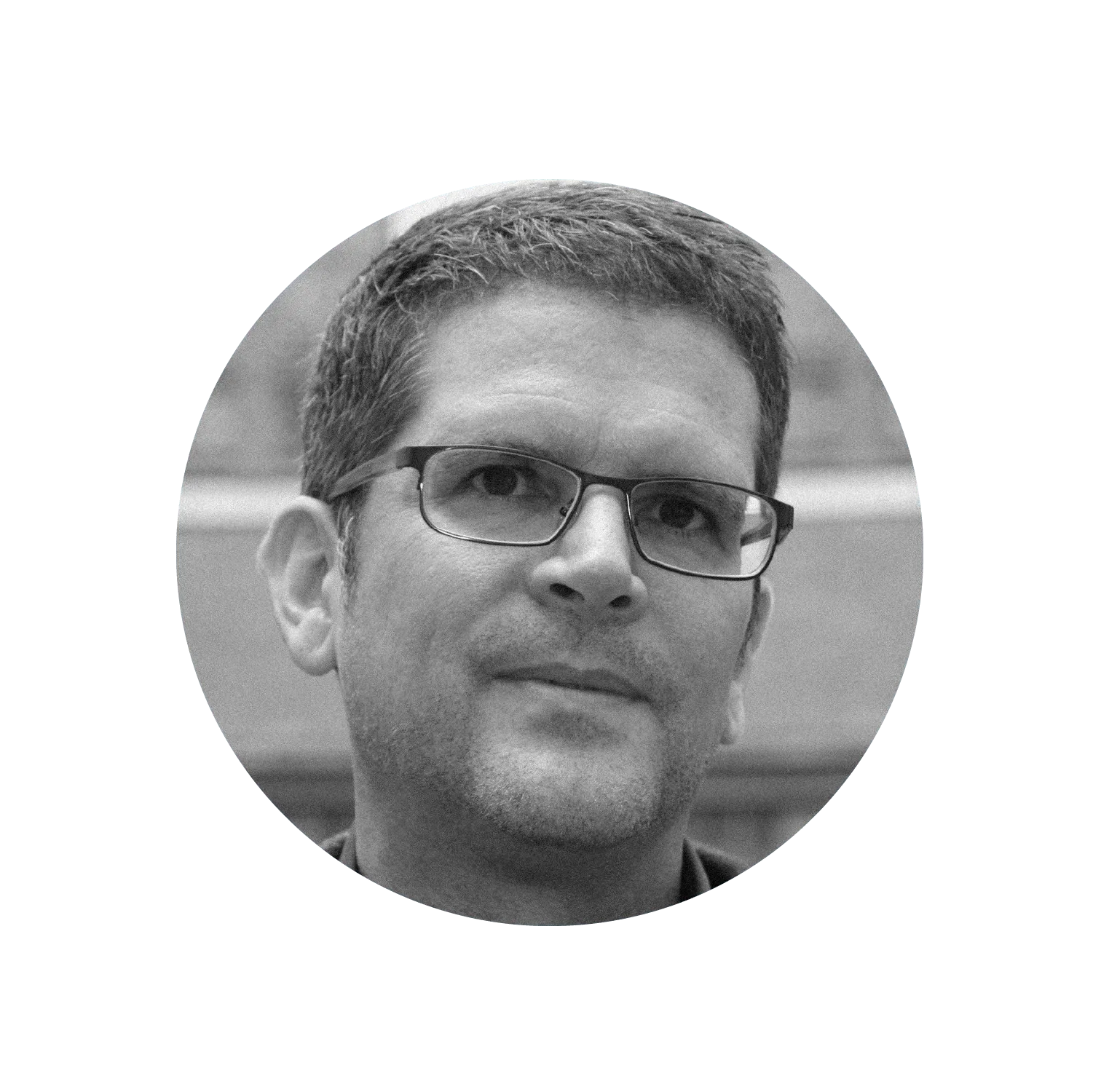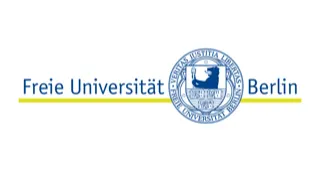Mobile Essential Workers in Germany
Between 2020 and 2021, nation-wide lockdowns as well as various regulations of individual federal states to prevent the spread of the COVID-19 pandemic severely limited the mobility of people across Germany. Largely exempt from these restrictions were people who were considered “essential workers”, e.g. medical personnel, agricultural workers or people involved in the maintenance of supply chains and critical infrastructures. Particularly the latter not only continued commuting to their work places, but also needed to remain mobile as part of their jobs, often across different federal states and therefore also varying pandemic regulations. Often ignored in dominant discourses about immobilities and isolation in home office, yet essential for everyone’s ability to stay at home: how did these workers experience living and staying mobile through the pandemic?
In the German case study, Hansjörg Dilger and Ursula Probst will investigate the affective and embodied experiences of mobile essential workers with navigating (labor) mobilities across various state and/or national pandemic restrictions and regulations. Through ethnographic research we will explore how the necessity of complying to strongly different and continuously changing mobility regimes, often combined with precarious working conditions, shaped not only their perspectives on the COVID-19 pandemic, but also understandings of (their) work and their role(s) as essential workers. With not only pandemic-related health risks becoming an everyday part of their work, but also the need to quickly adapt to ever changing work and travel regulations, we wonder if and how exhaustion, anger and sentiments of being ignored or forgotten by legislators influenced the experiences of mobile essential workers throughout the pandemic and beyond.
As most mobility restrictions have largely been lifted in Germany by 2022, this case study also asks about potential long-term effects of the pandemic experiences on the subjectivities of essential workers and their perception of (labor) mobilities and working conditions in the future. Have these experiences contributed to disillusionment and resentments towards pandemic regulations? And/or how might have exhaustion and anger evoked imaginations of different ways of working and living even beyond the immediate pandemic condition?
Project Team
Hansjörg Dilger
Hansjörg Dilger is a professor of social and cultural anthropology with a specialization in medical anthropology | anthropology of global health and the anthropology of religious diversity at Freie Universität Berlin (FUB). He is also the director of the Collaborative Research Centre “Affective Societies: Dynamics of Social Co-Existence in Mobile Worlds” at FUB.
Much of Hansjörg’s previous research has explored the conflictive dynamics of belonging and care in the context of rural-urban migration and HIV/AIDS-related experiences of illness and dying in Tanzania. He has also done research on diverse modes of moral becoming in faith-oriented schools, which resulted in the monograph Learning Morality, Inequalities, and Faith: Christian and Muslim Schools in Tanzania (Cambridge University Press / International African Institute 2022). His current research explores the multiple decolonial narratives and contestations around “powerful objects” in ethnographic collections in Berlin.
Ursula Probst
Ursula Probst is a postdoctoral research associate and member of the working group Medical Anthropology | Global Health at the Institute of Social and Cultural Anthropology at Freie Universität Berlin. Before joining the MoRePPaR team she conducted research on sex work, migration and embodied negotiations of “Europeanness” in Berlin, which also sparked an interest in the affective dimensions of and connections between notions of freedom and mobility (regimes) in contemporary Europe. In 2022 she obtained her Ph.D. at Freie Universität Berlin with a dissertation discussing the precarity of freedoms and mobilities for sex working migrants from Eastern Europe in Germany. Furthermore, she has worked on questions of access to health care and support for migrant and non-migrant sex workers in Germany. Within MoRePPaR, she will expand her research into mobilities, freedoms, and European labor markets beyond the field of sexual economies to investigate affective experiences of mobile workers in various “essential”, but often precarious jobs in Germany during COVID-19.




